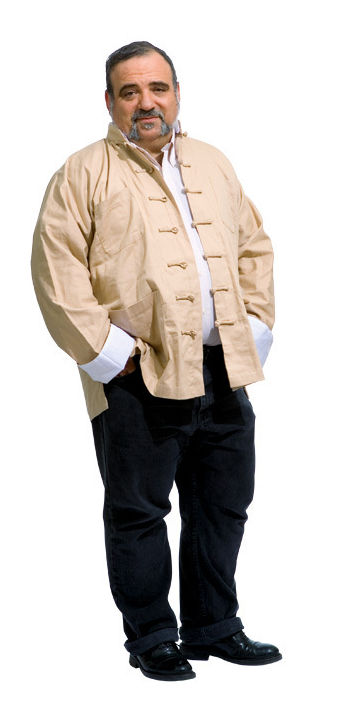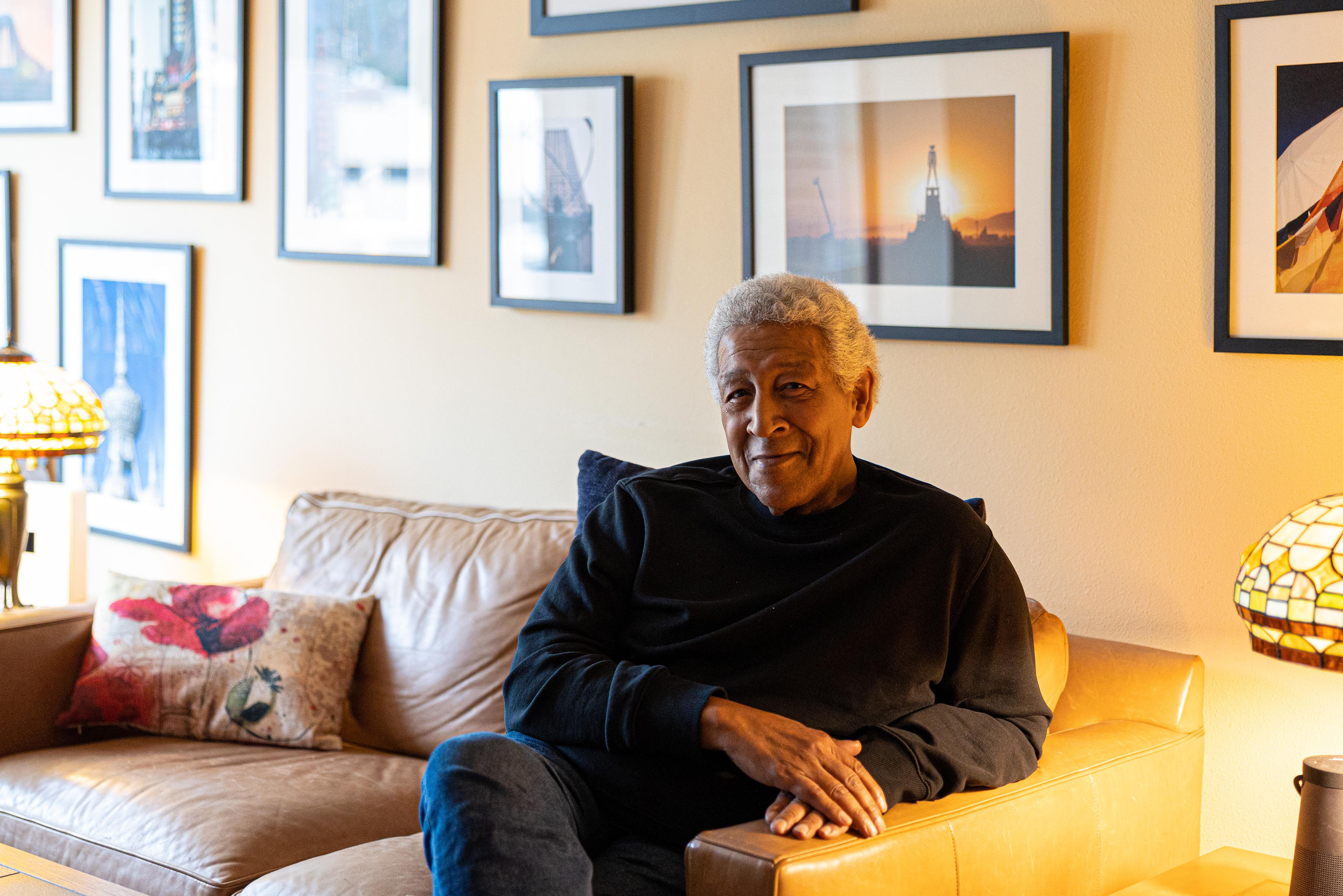Professor Pain

Image: Kurt Hettle
You write that you thought washing dishes was torture when you were a kid. How do you define torture in your new book, Torture and Democracy? Torture requires four things. You need a method for causing pain; a duly authorized public official; a person who is helpless and detained; and a public purpose for the interrogation, such as gathering information, getting a confession or intimidating someone.
The names you give to different kinds of torture—French modern, Anglo Saxon modern, Mediterranean modern, etc.—sound like styles of furniture. Torture is a craft, so naturally it’s going to have styles. Also, people remember things more easily if they have a name and a history. When I saw the photo of the hooded guy standing on the box at Abu Ghraib, I said, This technique had a history. It was called “the Crucifixion.” The British soldiers used it in the 1880s. But the particular combination of standing on a box with wires attached, hooded, only occurred in one other place I can think of, and that’s Brazil in the 1960s, and they called it “the Vietnam.”
What did you deduce from that? Whoever put that man on the box didn’t just come from West Virginia; they had some knowledge of Latin American techniques, which made me think there was more involved than just a bunch of guys on the night shift.
On the other hand, you write about an American soldier in an Iraqi detention camp who asphyxiated an Iraqi general in a sleeping bag—an idea he got from his older brother when he was a kid. Most people, when they decide to apply physical pain to someone, reach back into their memories. My editor was reading my book and discovered that things that had been done to him at boarding school—particularly a technique called the “necktie” where they choked you with your tie—had actually first been developed by the New York police in the 1920s. He said, “I’m a torture victim,” and I said, “Yes, you are.”
Yet interestingly, you found that torture is less effective than regular police detective work in tracking down state enemies. Torture works a lot worse than practically anything else you could do. Most of the time you’d probably be just as lucky if you shot randomly into a crowd or flipped a coin and then killed someone.
Given that you started researching this book in 1995, how do you deal with torture being your life for 12 years? That’s not my life. That’s Professor Rejali’s life. Anybody who does human rights work, if you want to call it that, probably spends close to 80 percent of their time taking care of themselves. Frankly, if we don’t, it becomes overwhelming and depressing.
Did 9/11 change things for you? To be honest, had it not been for 9/11, most people would not know I existed.
Does that make you a war profiteer? No, but I do remember a friend of mine who was a well-known leftist journalist in the ’60s saying, “You know, I welcome the ’90s because all our issues are back again.”
That sounds a bit cynical. The issues of war and peace are really the issues I deal with, ultimately. But I have very little to say about the bright side of things, what kind of utopian world we want. That’s for someone else.




